
7 Early Signs and Symptoms of Lung Cancer You Should Never Ignore
Lung cancer is one of the leading causes of death worldwide, with millions of people affected each year. The alarming statistics surrounding this disease often stem from late diagnoses, which significantly reduce the chances of successful treatment. While lung cancer is most commonly associated with smoking, it can affect non-smokers as well. Early detection is critical for improving survival rates, and being aware of the signs and symptoms can make a significant difference in outcomes.
-
Chronic Coughing
One of the most common early symptoms of lung cancer is a persistent cough. This may start as a mild, intermittent cough and gradually worsen over time. If you find that your cough does not improve with typical treatments, or if it becomes chronic and persistent, it could be a sign of an underlying issue. A change in the type of cough or the presence of blood can also be a warning sign.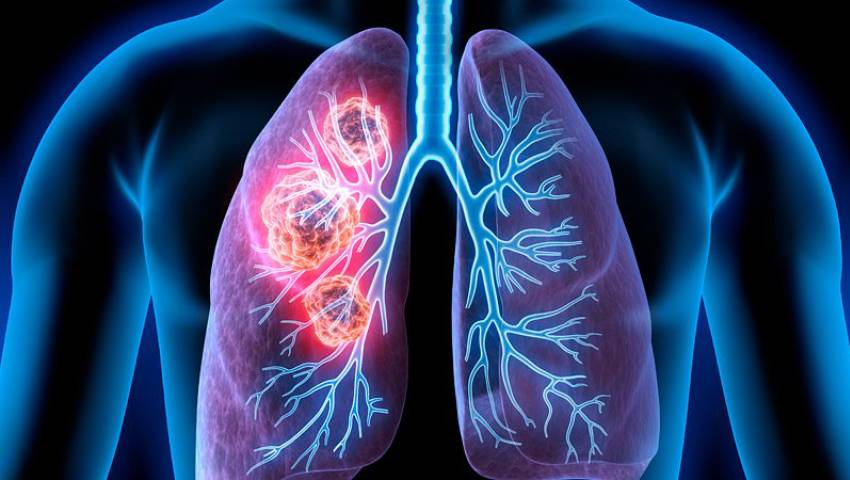
-
Breathing Difficulties and Shortness of Breath
Another early indicator of lung cancer is difficulty breathing, especially when exerting yourself physically. As a tumor grows in the lungs, it can obstruct airways, leading to restricted airflow and shortness of breath. You may experience this symptom even while performing activities that once felt effortless, like climbing stairs or walking short distances. -
Chest Pain or Discomfort
Lung cancer can cause pain or discomfort in the chest area, which may worsen with deep breathing, coughing, or laughing. This pain often results from the tumor pressing on nearby structures within the chest or from the spread of cancer to the lining of the lungs (pleura). Persistent chest pain should never be ignored, particularly if it’s coupled with other symptoms such as coughing or difficulty breathing. -
Unexplained Weight Loss
Unexplained weight loss, especially when it occurs without changes in diet or exercise, is another common symptom of lung cancer. This is often a result of the body’s response to the cancerous growth. When cancer cells divide and grow, they consume a large amount of energy, leading to weight loss. If you notice significant weight loss, even when eating regularly, it’s crucial to seek medical attention. -
Fatigue
Feeling unusually tired or weak, even after adequate rest, is another sign that something might be wrong. Fatigue can occur when cancer cells take up a significant amount of the body's energy, or if the body is working overtime to fight the cancer. If you find yourself feeling fatigued for extended periods, despite getting enough sleep, it may be worth consulting a healthcare provider. -
Wheezing and Hoarseness
Wheezing, a high-pitched whistling sound when breathing, can be a sign of lung cancer. This may occur if a tumor blocks the airways, causing restricted airflow. Additionally, if you notice hoarseness in your voice or difficulty speaking, it could indicate that a tumor is affecting the vocal cords or the nerves associated with the throat. -
Coughing Up Blood
The presence of blood in your cough, whether in small or large amounts, is a concerning symptom that should never be overlooked. Coughing up blood (hemoptysis) can indicate that a tumor has caused damage to blood vessels in the lungs. This is one of the most alarming symptoms of lung cancer and requires immediate medical evaluation.
Conclusion
Lung cancer is often diagnosed in its later stages, making early detection essential for improving survival rates. If you notice any of these early warning signs, it is important to consult a healthcare provider as soon as possible. Regular screenings, especially for individuals at higher risk, such as smokers or those with a family history of lung cancer, can also help detect the disease in its early stages. Remember, while these symptoms may be indicative of lung cancer, they can also be caused by other, less serious conditions. Nonetheless, it is always better to err on the side of caution and seek medical advice to ensure that any potential issues are addressed promptly.
News in the same category

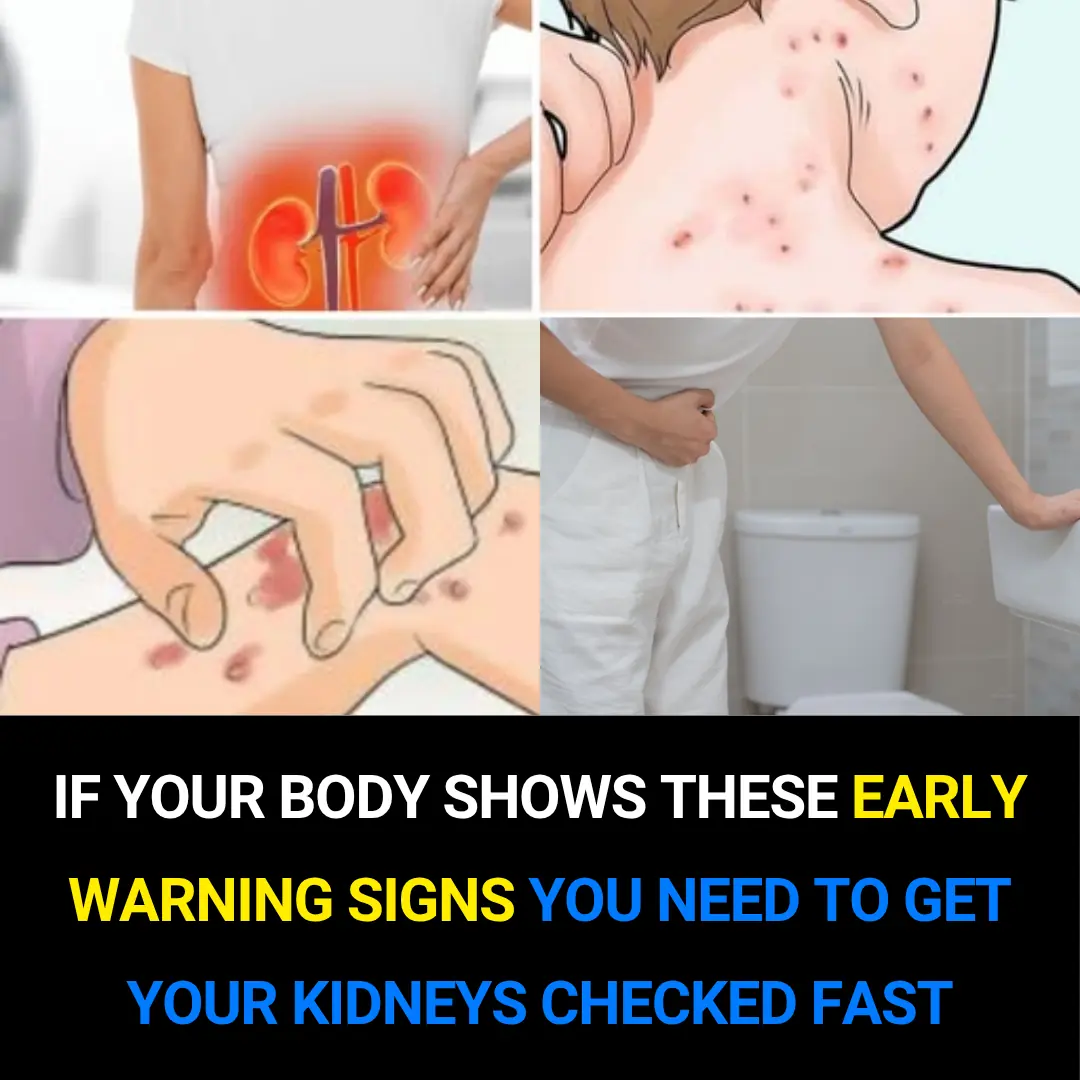
The Silent Threat: Recognizing Early Signs of Kidney Disease and Lifestyle Prevention

Baking Soda (Bicarbonate of Soda): Uses and Benefits (Science Based)

Benefits of Walking: Why Walking is One of the Best Forms of Exercise 🚶♀️
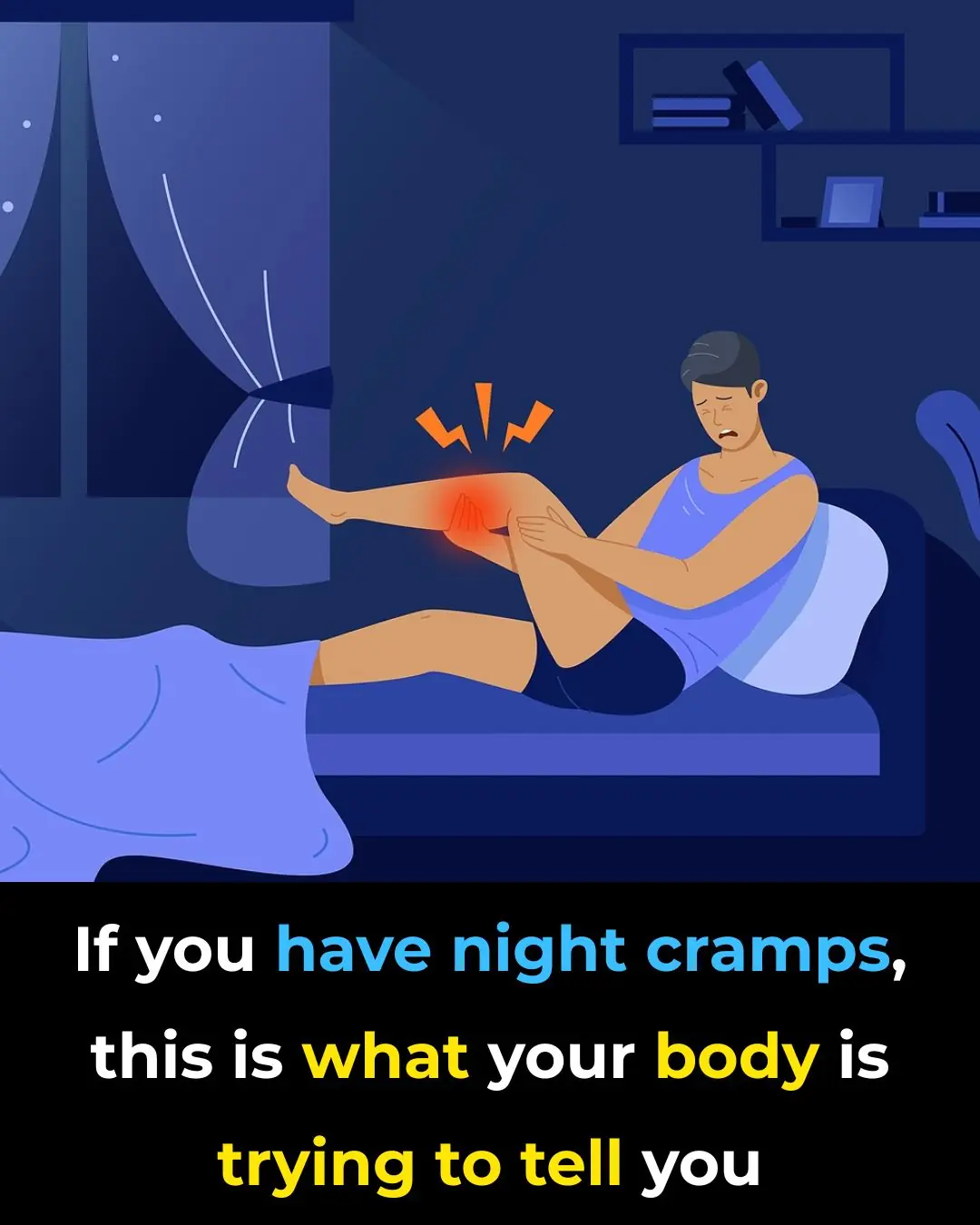
If you have leg cramps at night, it means you have..

Sarcopenia: Why do we lose muscle and how to fix it?

Top 11 Nutrients To Destroy Cancer Stem Cells

Thinking of drinking baking soda? Read this first for the truth!

Forget aspirin—this everyday fruit can help protect you from stroke and heart attack
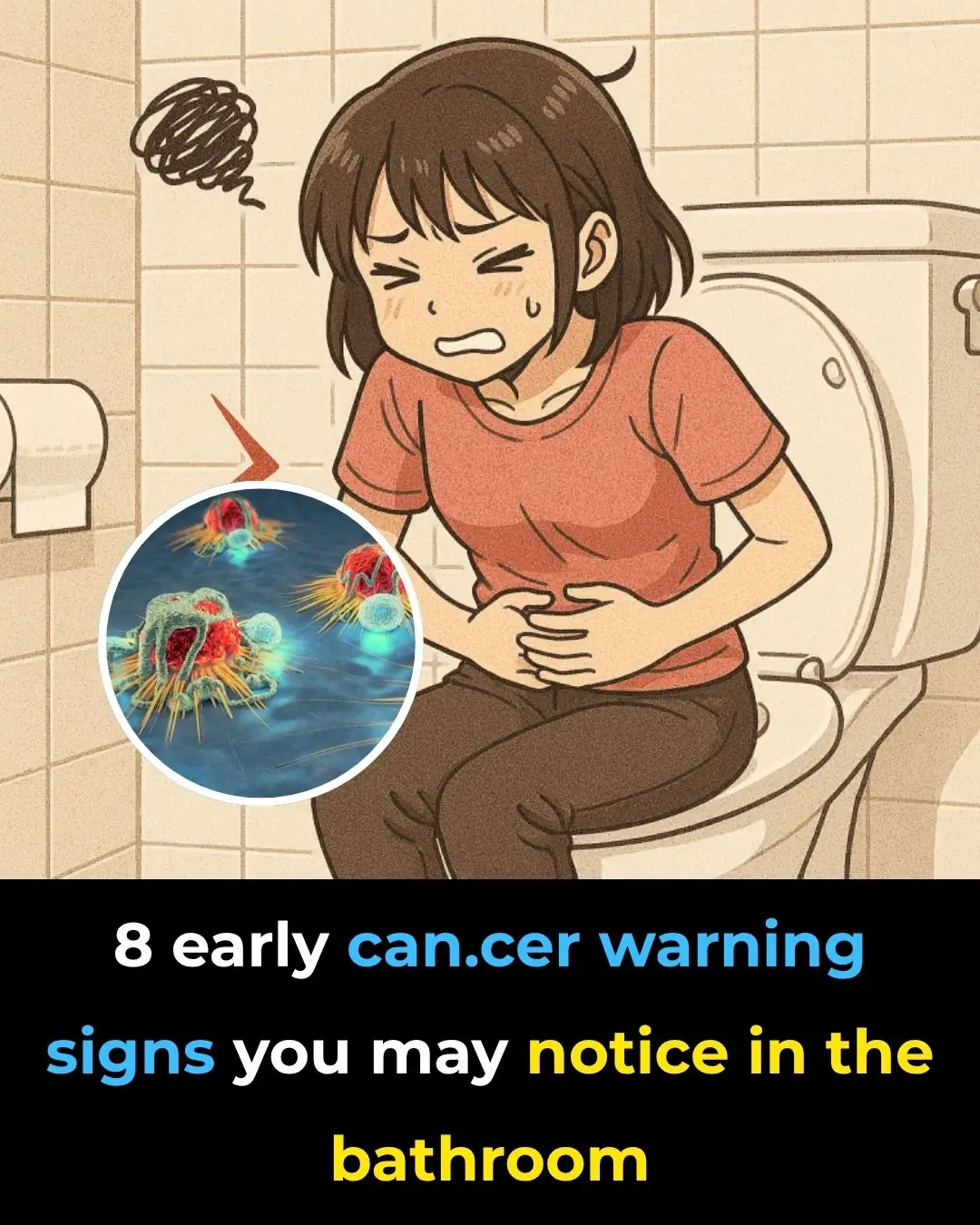
8 Sh0cking Toilet Clues That Could Signal Canc3r: Don’t Ignore Them!

14 Warning Signs Your Body Is Running Low on Magnesium and How to Get It
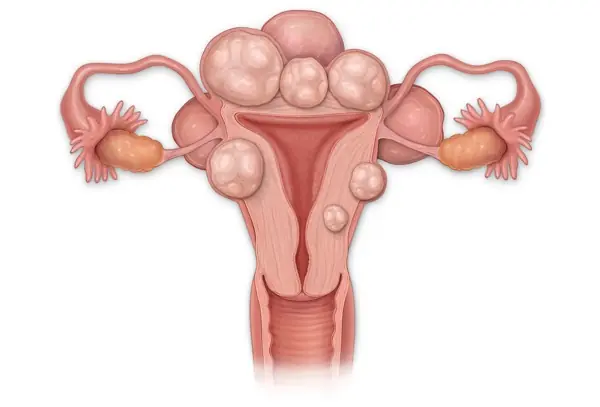
7 Early Signs of Uterine Fibroids Too Many Women Ignore
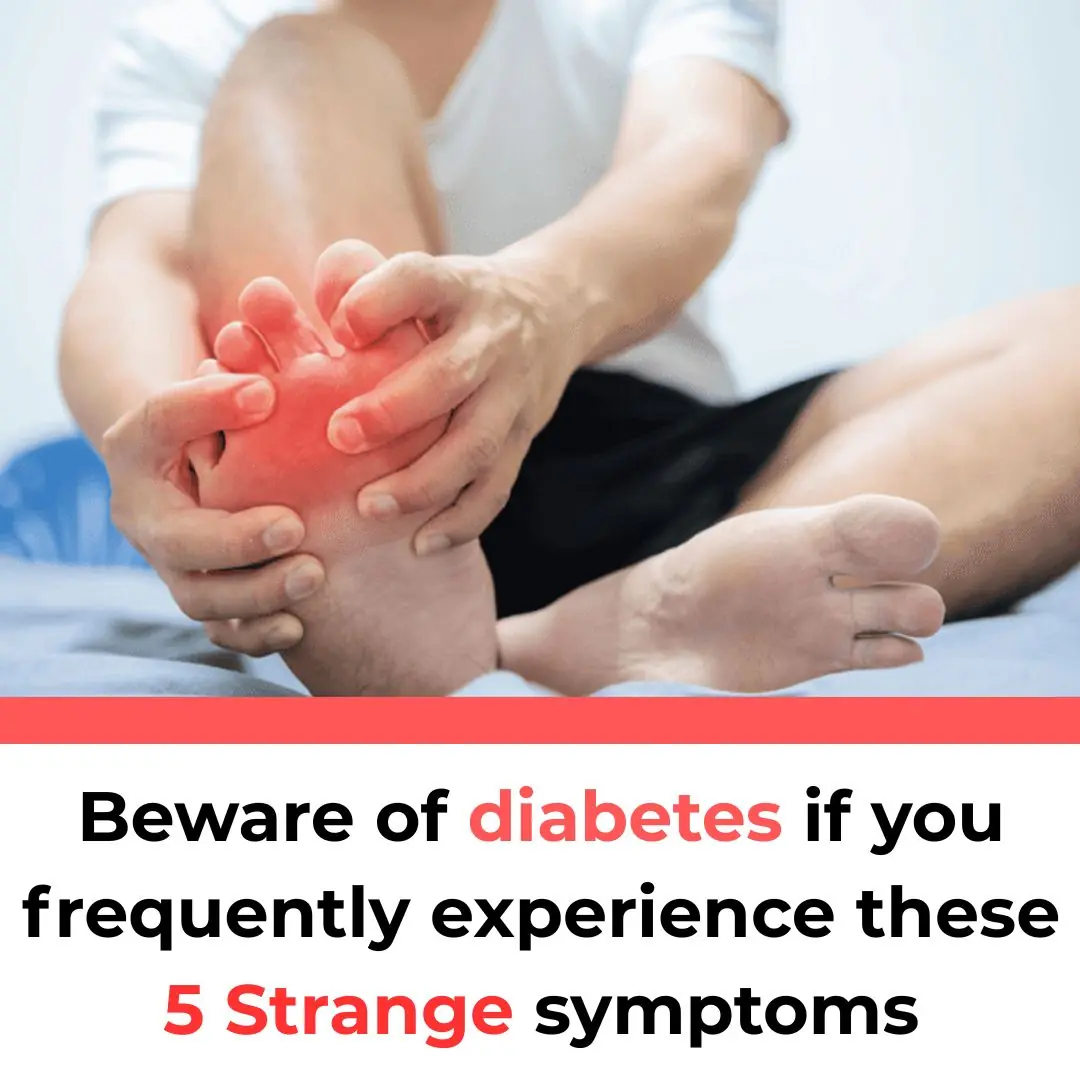
High Blood Sugar Warning Signs

Eat 2 Eggs Every Morning and Feel These Powerful Health Effects Take Over Your Body

Avocado Power: The Scientifically Proven Health Benefits of the Fruit (and the Seed!)

One Vitamin That Could Transform Your Circulation: Niacin (Vitamin B3)

Body Suddenly Jerks While You’re Falling Asleep? This Is What It Means

pH Balance and Your Health: Signs of Acidosis and How to Alkalize

Pineapple And Turmeric Drink Reverses Cancer-Causing Inflammation And Even Beats The Common Cold!
News Post

Jennifer Hudson Champions Musical Inclusivity Amid Super Bowl Language Debate

Jennifer Hudson Cheers on Bad Bunny’s Super Bowl Swagger — and Starts Learning Spanish Herself

Charli XCX shares cryptic video after Taylor Swift’s ‘Actually Romantic’ diss

NY authorities clamp down on liquor store openings citywide as booze demand plummets

Desperate rescue effort underway to save hundreds of hikers stuck on Mount Everest after snowstorm

Six signs you may be a functioning alcoholic according to doctor

Pineapple Water: A Refreshing Drink That Supports Your Health

The Silent Threat: Recognizing Early Signs of Kidney Disease and Lifestyle Prevention

A Heartwarming Encounter: A Child’s Innocence and the Power of Love.

The Stranger Who Stopped: How One Man’s Compassion Saved a Life on a Busy Georgia Road

Baking Soda (Bicarbonate of Soda): Uses and Benefits (Science Based)
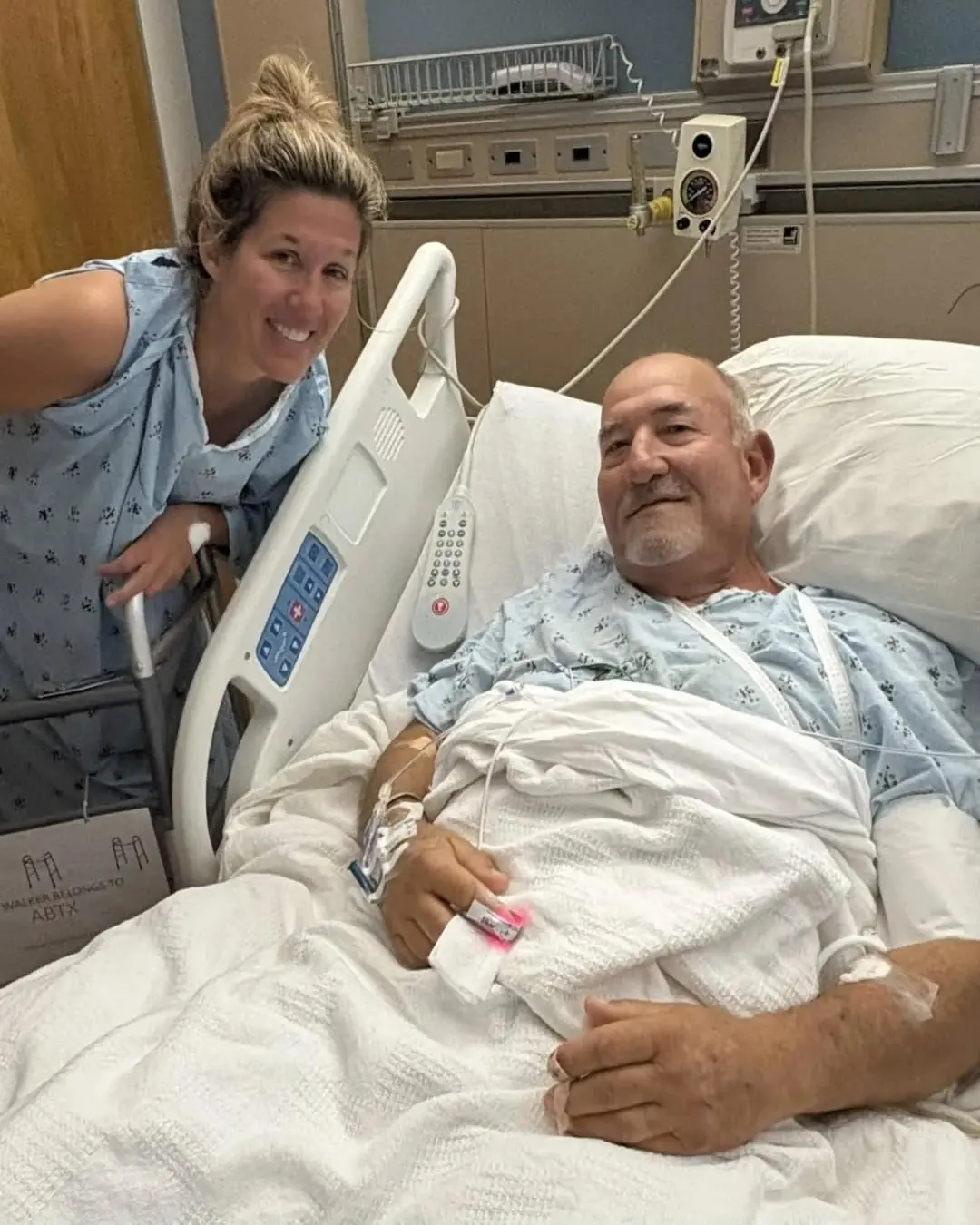
A Father’s Day Gift Like No Other: A Daughter’s Kidney, A Father’s Second Chance

Benefits of Walking: Why Walking is One of the Best Forms of Exercise 🚶♀️

Maliyah’s Fight: A Fifteen-Year-Old Cheerleader Battling Stage 4 Cancer With Courage and Faith

No Cake, No Balloons: A Firefighter’s Quiet Birthday of Purpose and Service

Orangutan Secretly Watches Over Woman During Jungle Survival Challenge

“The Stranger on a Plane: How One Man’s Kindness Gave a Mother the Gift of Rest”
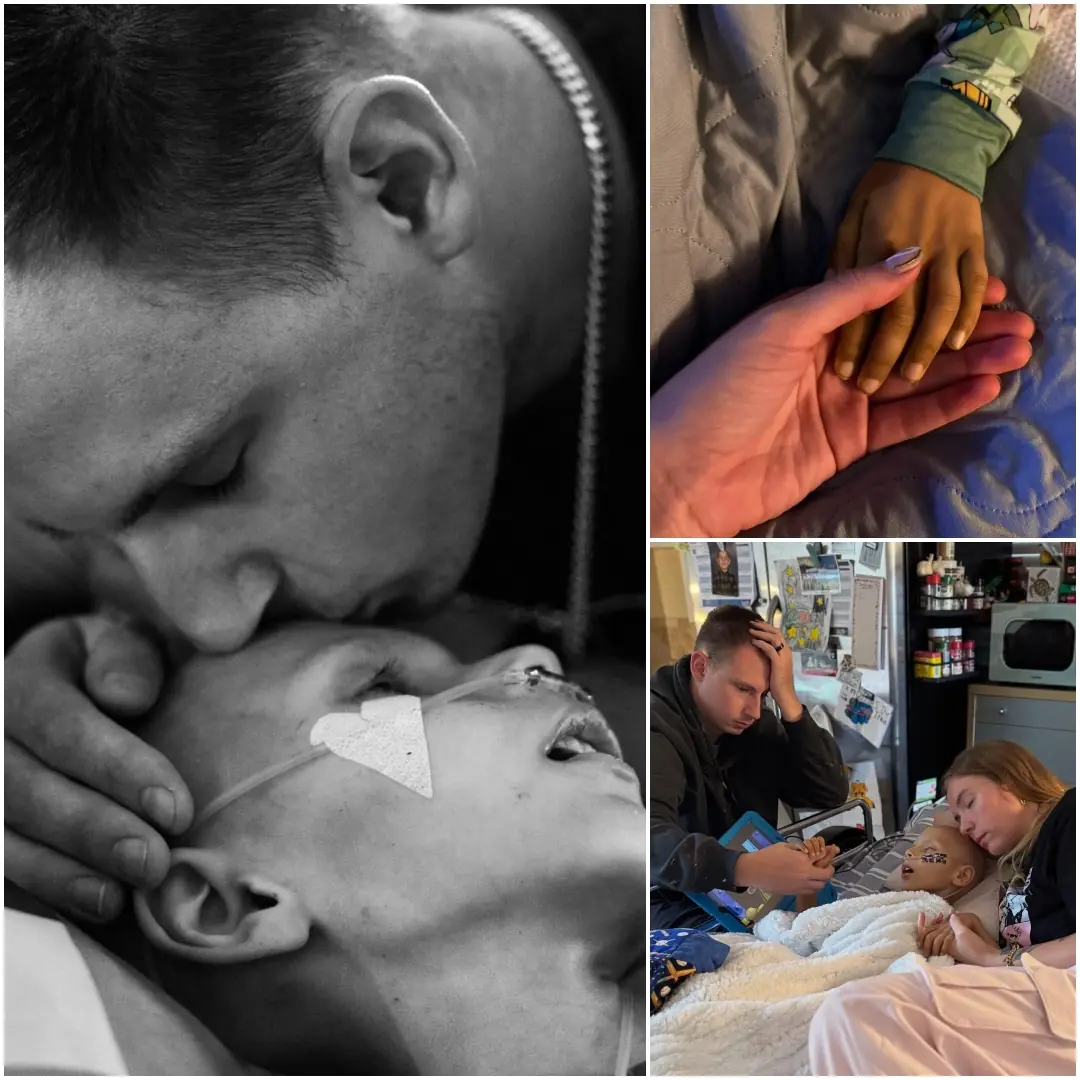
A Little Fighter’s Final Victory: Remembering Bryson’s 1,027-Day Battle

A Match Made in Dog Heaven: A Toddler and Her Puppy Who Share a Special Bond
